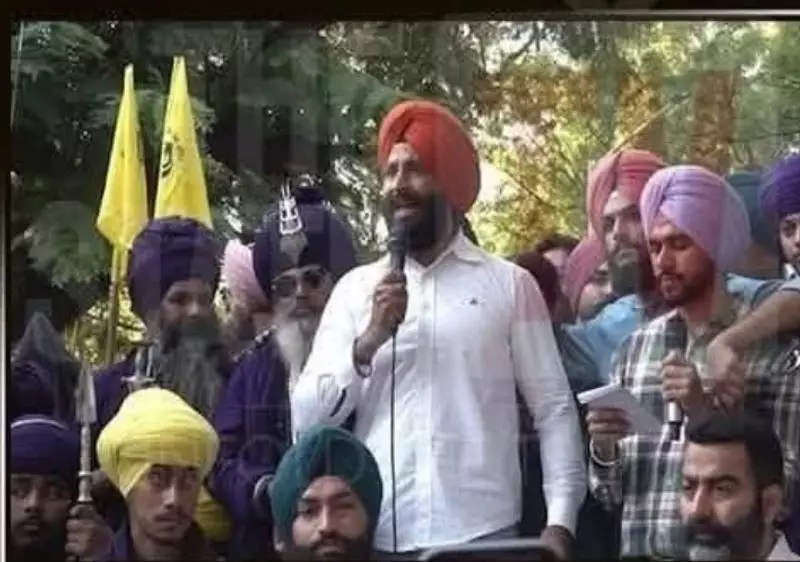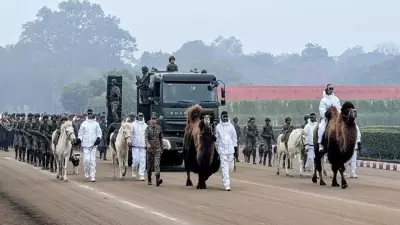
Ludhiana police have registered a formal case against farm activist Navdeep Jalbera for allegedly delivering a hate speech during an event at Panjab University. The incident has sparked widespread condemnation and raised serious concerns about campus security and free speech boundaries.
The Controversial Event and Immediate Fallout
The controversial incident occurred on February 22 during a seminar titled 'Reclaiming the Republic: Farmers' Movement and the Future of Democracy in India.' Organized by the Students for Society (SFS) organization, the event took place at the Student Centre on the university campus. Multiple complaints emerged following Jalbera's address, accusing him of making inflammatory remarks that crossed legal boundaries.
University authorities responded promptly to the growing controversy. The Chief Security Officer of Panjab University filed an official complaint with the Ludhiana police, detailing the objectionable content of Jalbera's speech. This formal complaint set the legal process in motion, leading to the registration of the First Information Report.
Legal Proceedings and Police Action
Ludhiana police have charged Navdeep Jalbera under Section 153-A of the Indian Penal Code. This specific section deals with promoting enmity between different groups on grounds of religion, race, place of birth, residence, language, and doing acts prejudicial to maintenance of harmony. The case has been officially registered at the Sarabha Nagar police station in Ludhiana.
Police authorities have confirmed that investigations are actively underway. Officers are reviewing available evidence, including video recordings of the speech and statements from witnesses who attended the event. The investigative team is working to gather all necessary documentation and evidence to build a comprehensive case.
University Response and Security Measures
Panjab University administration has faced criticism for allowing the event to proceed without adequate oversight. University officials have defended their position, stating that they respect freedom of expression but cannot condone speeches that potentially violate Indian law. The incident has prompted discussions about implementing stricter protocols for campus events and guest speakers.
The university's security team has been directed to enhance vigilance during future events. New guidelines are being considered to prevent similar incidents, including more thorough vetting of speakers and their proposed topics. University authorities emphasize their commitment to maintaining a safe and inclusive environment for all students and staff members.
Broader Implications and Public Reaction
The case against Navdeep Jalbera has ignited debates about free speech limitations and legal responsibilities. Legal experts note that while freedom of expression is constitutionally protected, it comes with reasonable restrictions to maintain public order and social harmony.
Student organizations across the campus have expressed mixed reactions to the development. Some groups support the police action as necessary to maintain social harmony, while others express concerns about potential chilling effects on campus discussions about important social issues.
Farmers' organizations have largely remained silent on the matter, with most major groups avoiding public statements about Jalbera's case. This cautious approach reflects the sensitive nature of the allegations and the ongoing discussions within agricultural communities about appropriate protest methods.
Legal analysts predict that the case could set important precedents for how universities and law enforcement handle similar situations in the future. The outcome may influence policies regarding guest speakers and event management at educational institutions across Punjab and potentially other states.
As the investigation continues, all eyes remain on the Ludhiana police and their handling of this sensitive case. The proceedings are expected to be closely watched by educational institutions, activist groups, and legal experts nationwide.





